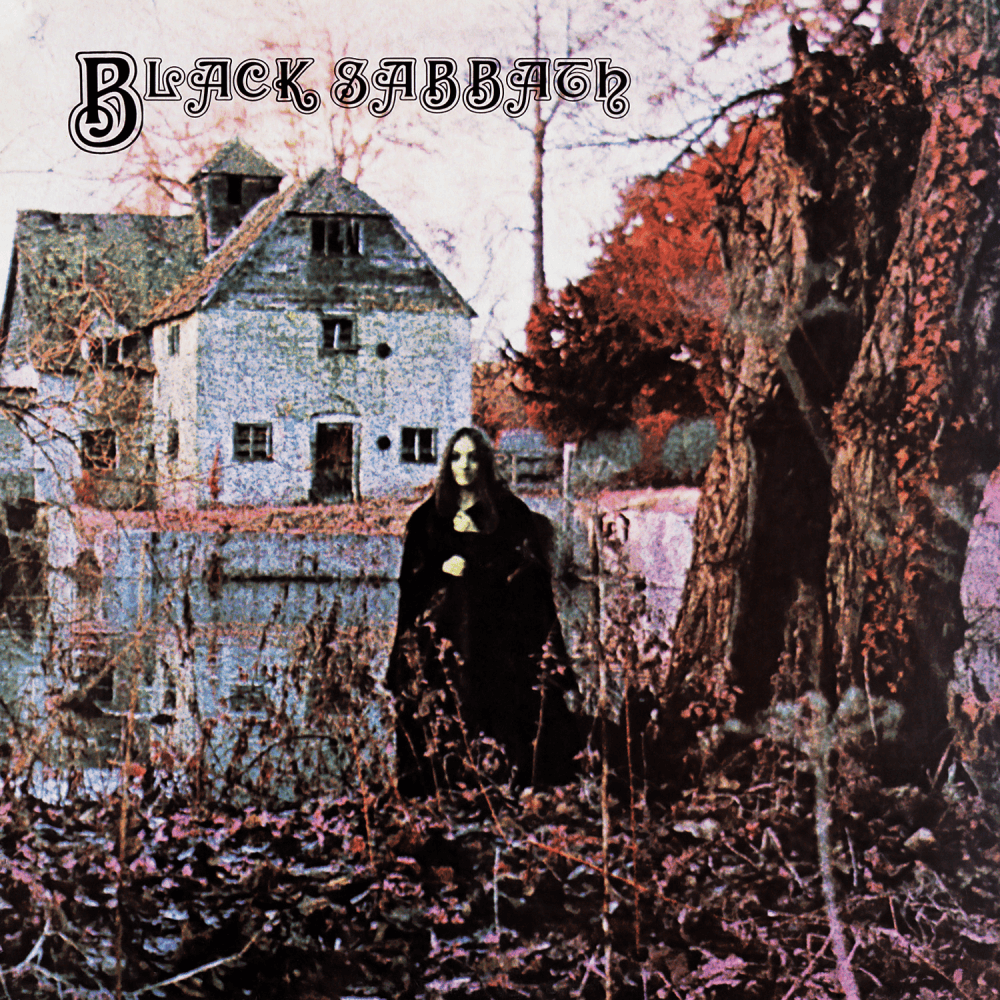Photo courtesy of Black Sabbath
There’s a problem with music today.
If you look around long enough, you might notice that there are all different genres of music. Pop, hip-hop, country, EDM, indie-rock, nu-metal, shoegaze, lo-fi, death metal, and yet all music sounds the same. I’m not saying that a dubstep song sounds exactly like an FM country song, what I am saying is that every alternative rock song sounds exactly like every other alternative rock song, and such is the case with almost any genre: flow-rap, grind-core and bluegrass included.
The problem is that we’ve cornered ourselves into such specific and readily-defined genres that the bands who consider themselves within those genres are stuck writing the same songs over and over again. They try and stay inside the parameters of the genre and in the favor of their listeners. It feels like it’s been a long time since music just got to be music, instead of some type of super specific jazz-flamenco fusion.
Since I’m already waving my cane around and yelling about music, I’d like to take us all back to a time when music was, innocently, just music.
Before Nirvana tore down the overproduced synth-pop and hair-metal music of the 1980s by releasing their messy, guttural grunge music upon the unsuspecting popular music. Before young punks like The Sex Pistols and The Ramones revolted against the overly complex progressive rock of the mid-1970s. There was the original “back-to-basics” rock band that produced a sound so monstrous and larger than life that it struck fear into the hearts of many, and inspired many more to plug in and let loose. That band was Black Sabbath.
When they hit the scene a seismic shift in the landscape of music. that hardly anybody was ready for, began to exist. The band instantly birthed a new genre which has persisted and evolved into countless subgenres to this day – heavy metal.
It is hard to say whether Ozzy Osbourne, Tony Iommi, Geezer Butler and Bill Ward really knew what they were doing when they recorded and released their first album, “Black Sabbath,” but we should be grateful that they did it anyway.
Whatever it was, they certainly did not enter a recording studio with the intent to make an album which would come to be known as the basis of heavy metal. There was no such genre until they came along. For those four guys, all natives of the impoverished streets of Birmingham, England, it just seemed natural to plug in and start thrashing out songs about all the ugly things in life that the hippies weren’t singing about.
“Black Sabbath” scared and confused a lot of people when it first hit the shelves. From its ghoulish cover art, to its distorted guitar sound, to its blunt and vivid lyrics brought to life by the idiosyncratic yet fitting voice of a young Ozzy Osbourne. The album seemed like everything that Crosby, Stills and Nash and the Woodstock crowd weren’t.
Few back in the day would have expected an album to begin as this one does with its titular track. It begins with atmospheric sounds of a tolling church bell and a heavy rainstorm, which seems relatively tranquil after it is blown wide open by Tony Iommi’s tri-toned power chord riff. The riff used a series of notes classical composers described as “the devil in music” and avoided playing, for fear it might conjure up evil spirits or what have you. Osbourne’s vocals sound as if they were pulled directly from a horror film as he narrates an encounter with some kind entity. The entity is described as clad in black and staring into him with eyes of fire. It is the song which forever crystalised the genre of heavy metal and everything it is about.
Elsewhere on the album, the extremely tight band offers up future heavy metal standard classics such as “Behind the Wall of Sleep.” It is a hard rock powerhouse built on a funky drum beat with lyrics inspired by H.P. Lovecraft, the master of horror, “N.I.B.,” an undeniably catchy riff-rocker which sees Osbourne narrate from the point of view of Lucifer himself , and “Wicked World”, a free-jazzy swinging cruncher which offers up all kinds of commentary on the social evils of the late 60s period.
There is perhaps no genre which has emerged quite so instantaneously as heavy metal. This was with the release of “Black Sabbath,” and regardless of what one may think of the many directions the genre has taken in the years since. Even the members of the band denounce the term “heavy metal.” This single disc, taken as it was the day it as released, is simply a great collection of music made utterly without pretension and without apprehension.




